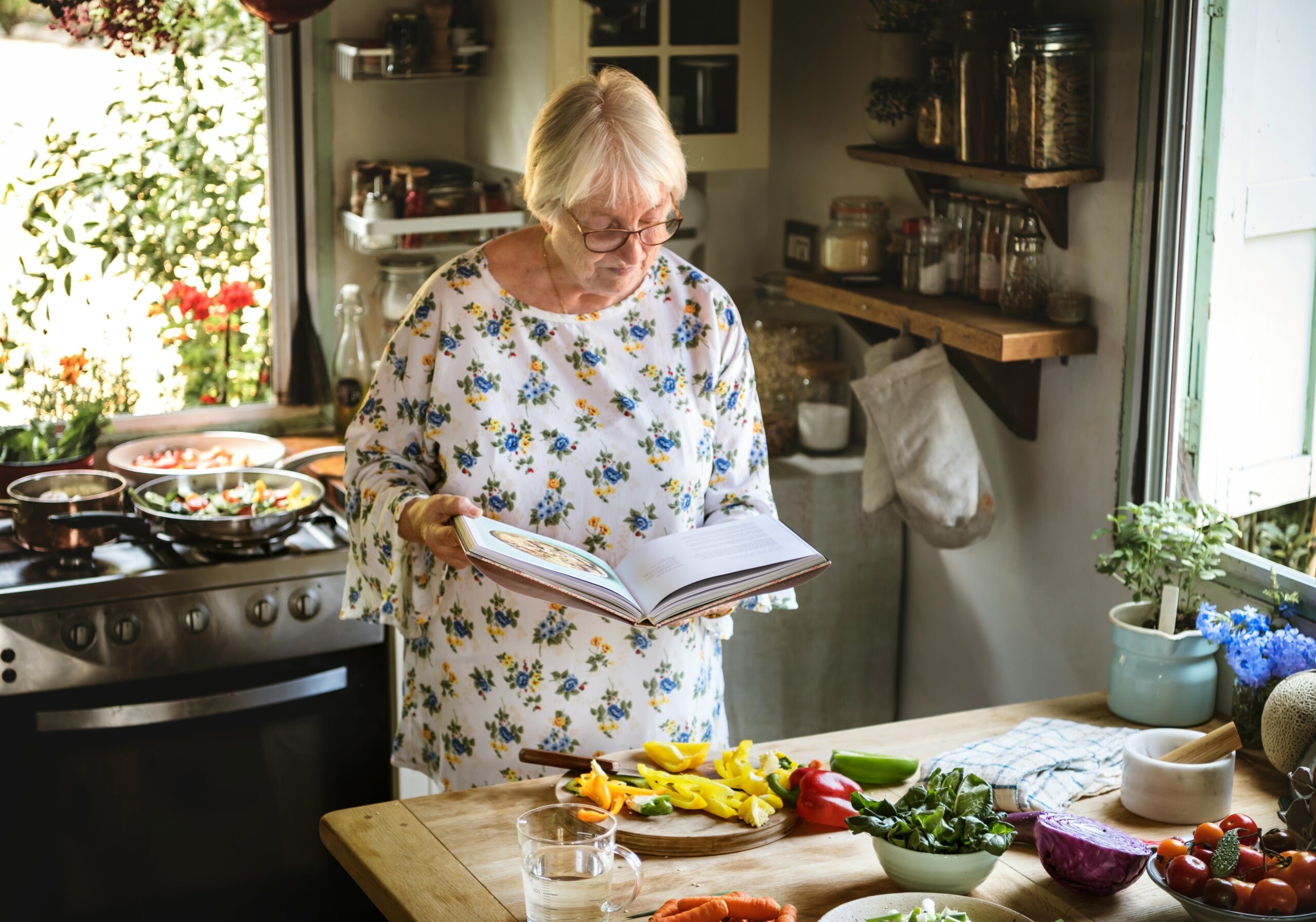
Cooking at home is not only about feeding yourself or your family. It is also about slowing down, creating something with care, and enjoying flavors made from your own hands. In today’s busy world, many people forget the joy that comes from preparing food from scratch. Yet home cooking can bring comfort, save money, and improve health. Moreover, it can reconnect us with traditions and instill a sense of pride.
Why Home Cooking Matters
Home cooking matters because it enables us to take control of what we eat. When meals come from restaurants or packaged foods, we lose control over ingredients. Cooking at home allows us to choose fresh produce, lean proteins, and healthier cooking methods. We can reduce salt, sugar, and unhealthy fats, which supports long-term wellness.
Beyond nutrition, cooking from scratch creates emotional value. Sharing a homemade meal brings people closer. It can turn a normal evening into a moment of warmth and connection. Families that cook together often build stronger bonds. Even solo cooks benefit by finding peace in the rhythm of chopping, stirring, and tasting.
Cooking at home also makes financial sense. Groceries are usually cheaper than eating out. A bag of rice, beans, and fresh vegetables can stretch into multiple meals. Over time, these savings add up. Instead of buying one expensive dinner, you can create many satisfying dishes that last for days.
Simple Ingredients, Big Flavor
One of the best parts of cooking at home is learning that simple ingredients can create big flavor. Many people think they need fancy tools or rare spices, but this is not true. A few fresh items, used with care, can taste amazing. For example, tomatoes, onions, garlic, and olive oil form the base of countless dishes. With minor changes, the same core ingredients can become pasta sauce, soup, or a vegetable stew.
Cooking with fresh herbs can also transform a dish. Basil, cilantro, parsley, or rosemary add brightness without extra effort. Even dried herbs and spices—like cumin, paprika, or cinnamon—can change the entire character of a meal.
Another secret is patience. Allowing onions to soften or letting bread dough rise slowly teaches us that time is an ingredient, too. Cooking from scratch is not always fast, but the reward is rich, flavorful satisfaction.
The Health Benefits of Cooking from Scratch
Cooking at home has powerful health benefits. When we prepare meals ourselves, we avoid hidden ingredients that often appear in processed foods. Many store-bought items contain preservatives, artificial flavors, or high levels of sugar and fat. By making dishes from scratch, we know exactly what goes into our bodies.
Portion control is another benefit. At restaurants, servings are often larger than necessary. At home, we decide how much to cook and serve. This prevents overeating and helps maintain a balanced diet.
Cooking from scratch also encourages variety. Instead of relying on the same packaged meals, we can explore different vegetables, grains, and proteins. A stir-fry one night, a lentil soup the next, and roasted chicken the day after keeps meals interesting. Variety ensures our bodies get a wide range of vitamins and minerals.
Another overlooked health benefit is stress relief. Cooking can be a mindful activity. The focus on simple tasks—chopping vegetables, stirring a pot, or kneading dough—can calm the mind. For many, the kitchen becomes a place of comfort after a busy day.
Building Confidence in the Kitchen
Some people avoid home cooking because they feel unsure in the kitchen. They fear recipes will be too hard or worry about making mistakes. But the truth is, cooking is a skill anyone can learn with practice.
Start small. Begin with easy recipes that use few ingredients. Scrambled eggs, roasted vegetables, or a simple pasta dish are significant first steps. As confidence grows, try new recipes and techniques. With each attempt, you gain experience and learn what flavors you enjoy most.
Mistakes are part of the process. Burnt toast or too much salt may feel frustrating, but they are lessons that guide future cooking. Every cook, even professionals, makes errors. The key is to keep trying.
Cooking shows, online tutorials, and cookbooks offer endless guidance. Still, the best way to learn is through hands-on experience. The more you cook, the more natural it becomes. Over time, you begin to trust your instincts—adjusting spices, changing ingredients, and even creating your own recipes.
Confidence in cooking also spreads to other parts of life. Preparing a meal teaches problem-solving, patience, and creativity. Serving food to others builds pride and joy. Each dish becomes proof that you can take raw ingredients and turn them into something extraordinary.
Making Home Cooking a Daily Habit
The idea of cooking from scratch every day can feel overwhelming. With busy schedules, it may seem more straightforward to order takeout or rely on frozen meals. But making home cooking a daily habit is possible with a few simple strategies.
Planning is key. Creating a weekly meal plan helps avoid last-minute stress and anxiety. When you know what you will cook, grocery shopping becomes easier, and you save time during the week.
Batch cooking is another innovative approach. Preparing larger amounts of food at once means leftovers for days. A pot of soup, a tray of roasted vegetables, or a batch of rice can serve as the base for several meals. Freezing extra portions also ensures you always have something ready.
Keeping a stocked pantry is helpful. Dry goods, such as beans, pasta, rice, and spices, can be combined with fresh produce to create quick meals. With a well-stocked pantry, you avoid the temptation to order food when you feel tired.